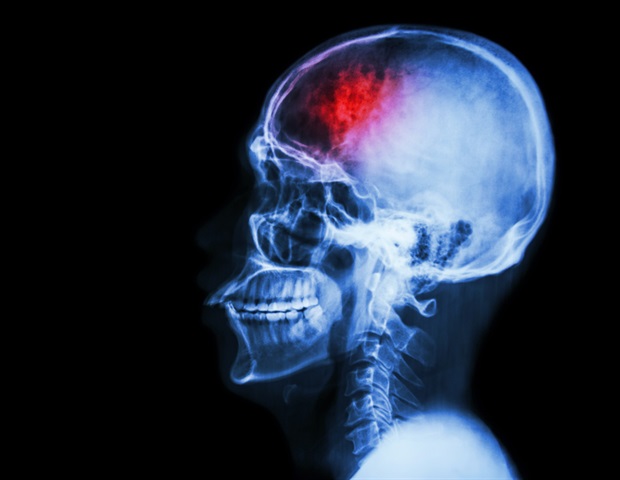New research reveals the unique human ability to conceptualize numbers may be rooted deep within the brain. Further, the results of the study by Oregon Health & Science University involving neurosurgery patients suggests new possibilities for tapping into those areas to improve learning among people bedeviled by math. This work lays the foundation to deeper understanding of number, math and symbol cognition -; something that is uniquely human.
The implications are far-reaching." Ahmed Raslan, M.D.
, senior author, professor and chair of neurological surgery in the OHSU School of Medicine The study published today in the journal PLOS ONE . Raslan and co-authors recruited 13 people with epilepsy who were undergoing a commonly used surgical intervention to map the exact location within their brains where seizures originate, a procedure known as stereotactic electroencephalography. During the procedure, researchers asked the patients a series of questions that prompted them to think about numbers as symbols (for example, 3), as words ("three") and as concepts (a series of three dots).
As the patients responded, researchers found activity in a surprising place: the putamen. Located deep within the basal ganglia above the brain stem, the putamen is an area of the brain primarily associated with elemental functions, such as movement, and some cognitive function, but rarely with higher-order aspects of human intelligence like solving calculus. Neuroscientists typically ascribe conscio.


















